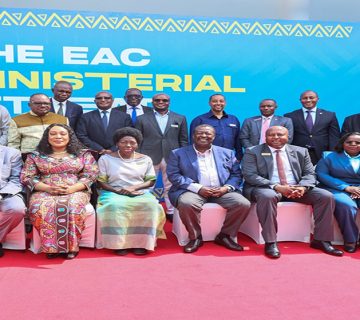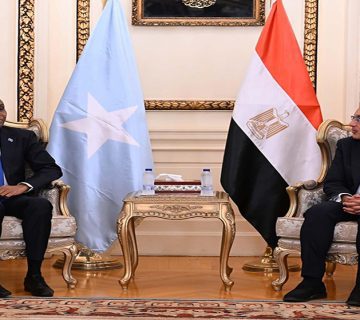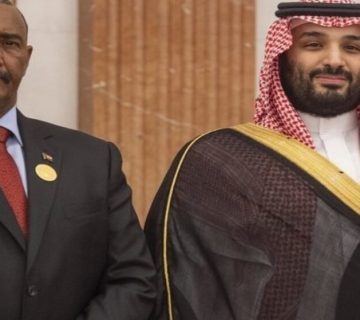On January 15, 2020, Kampala sent a protest note to Nairobi demanding the immediate release of dairy products from Uganda worth Kenya Shillings 36 million seized by the Kenyan authorities. Kenya argues that the products were counterfeit, and substandard for the Kenyan market, while Uganda insists that they are of high quality and were dully cleared for importation by relevant Kenyan authorities. This row underscores the urgency of collective efforts by the East African Community (EAC) members to curb illegal re-packaging of goods, diversification of the economies and harmonization of tax regimes to prevent future similar standoffs and guarantee the Community’s integration agenda for shared prosperity.
Trade Feuds
Trade disputes have become increasingly common in recent years. For example, in 2018, Kenya and Tanzania had tussles that escalated to warrant deliberations by parliaments of the two countries. Tanzania had imposed an 80 percent excise duty on cigarettes made in Kenya besides restricting the importation of dairy products from Kenya. Kenya on the other hand retaliated by restricting the importation of wheat flour and liquefied petroleum gas from Tanzania. Prior to this, Tanzania had burned chicks imported from Kenya to prevent ‘outbreak of bird flu’. On their part, Rwanda and Uganda have had reduced trade relations since 2017 owing to strained diplomatic relations between the two countries. Rwanda allegedly put a stop to exports from Uganda while the latter imposed a trade embargo on Rwanda. The movement of people between the two countries especially through the Katuna - Gatuna Border Post was also restricted.
The enactment of the EAC Common Market and Customs Union Protocols was meant to avoid these kinds of disputes and foster trade among members of the Community. These tussles however highlight the vulnerability of the EAC trade infrastructure and political scepticism over open borders.
Shared Prosperity
The Common Market Protocols provide for free movement of people, goods, labour, and services while the Customs Union seeks to eliminate on reciprocal basis barriers that hinder trade among member states. For instance, elimination of excise duty tax on goods originating from within the Community and imposition of a common tariff on goods from outside the Community. But more fundamentally, these measures were meant to enhance the Community’s appeal as an investment destination and enhance its bargaining power with major countries and other economic blocks. Persistent hostilities among EAC member states will, therefore, hurt inter-communal trade and also potentially put off foreign investors. In addition, public confidence in the integration agenda will be corroded.
The EAC member states therefore need to address in earnest barriers that could inhibit free trade across the region. First, the Community should jointly stamp out illegal re-packaging of goods imported from outside the Community by unscrupulous traders. This would prevent the importation of cheap and low quality products from flooding the markets to the disadvantage of farmers. Such a move would require that countries enhance scrutiny at boarder entry points and relook their policies on filling the supply deficits.
Secondly, there should be concerted efforts to diversify the economies of EAC. Currently, the majority of countries in the EAC produce similar products and consequently, free trade has become a burden rather than a resource. For instance, Kenya, Uganda and Tanzania are maize and milk-producing countries. These commodities flood the market during the harvesting period and as a result their value shrink. Kenyan famers, however, get hurt most since the cost of farming in the country is higher compared to Uganda and Tanzania. Investing in different products would, therefore, protect farmers and traders in the Community.
More so, the EAC member states should agree on a harmonized taxation regime to operationalize the Customs Union and deny governments a weapon to stop free trade for political expediency. The consensus on domestic value-added tax would no doubt continue to be a tall order given the diverse revenue and development needs of each country. The Community should nevertheless agree on a range of excise duties to be charged on imports from within if the value of the common market is to be realized.
Elvis Salano is a Research Assistant at the HORN Institute.
Photo: Heads of States from the East African countries and top officials and leaders meet during an EAC Summit where Rwandan President Paul Kagame was sworn in as the new Chairperson. Kagame took over from Ugandan President Yoweri Museveni (Photo Credit: Daily Active).



